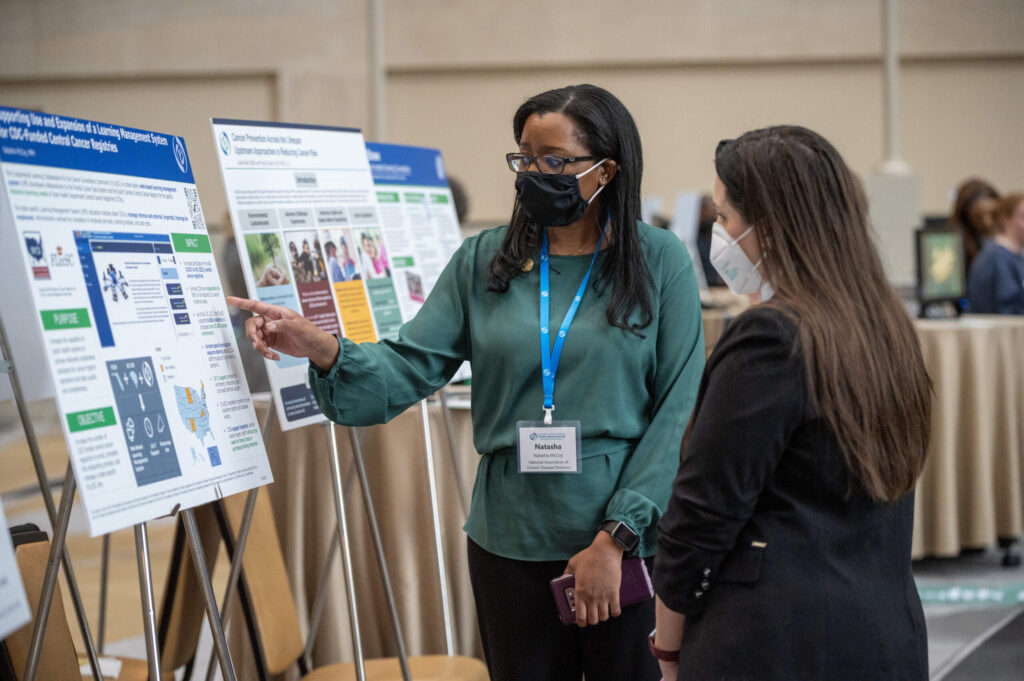Journal Club
Time Commitment: One 30-minute session monthly Journal Club is a monthly opportunity to participate in discussion with peers and NACDD staff and consultants about a reading or podcast about leadership, management, public health practice, emerging public health trends, or new research findings. Journal Club meets on the 3rd Thursday of each month at 3pm ET. To be added to the monthly calendar invite, please email CPHL@chronicdisease.org
Course details:
General Membership
Webinar
1 hour or less
Build Support, Design and Evaluate Programs, Influence Policies and Systems Change, Lead Strategically, Manage People, Manage Programs and Resources, Use Public Health Science


